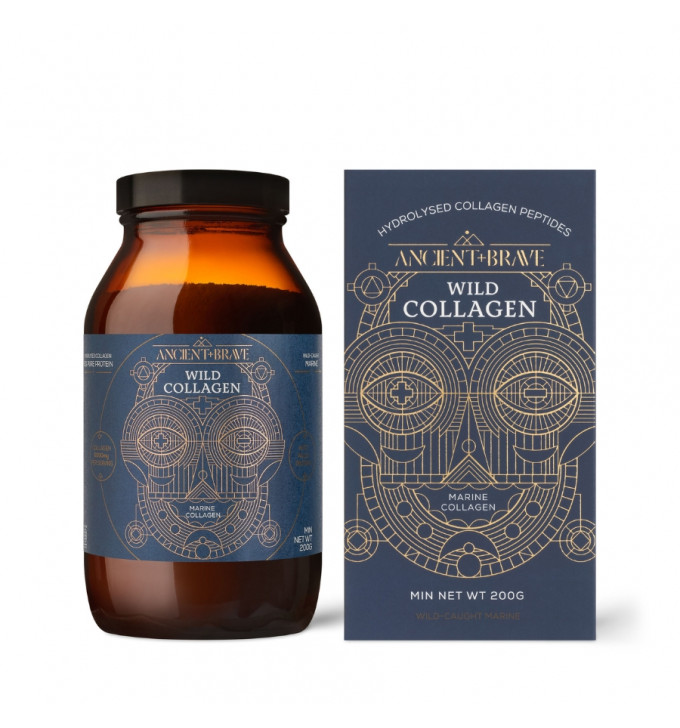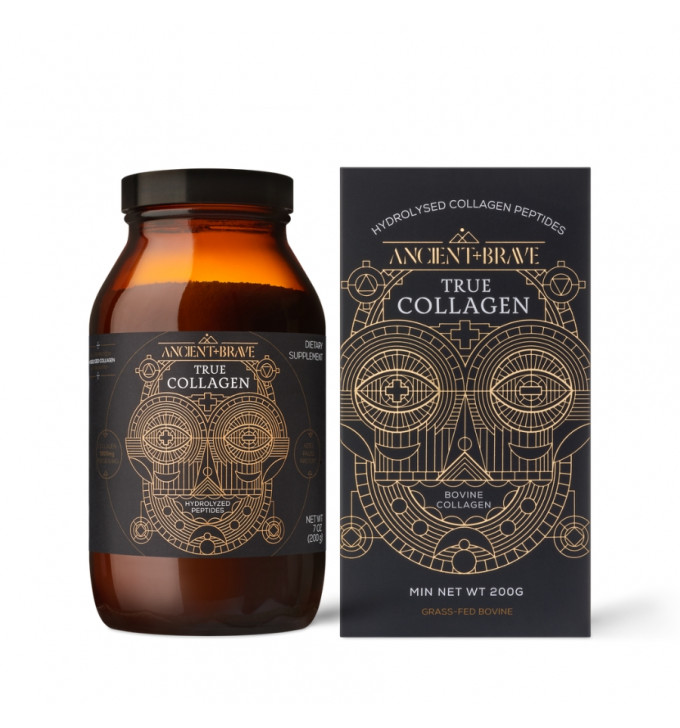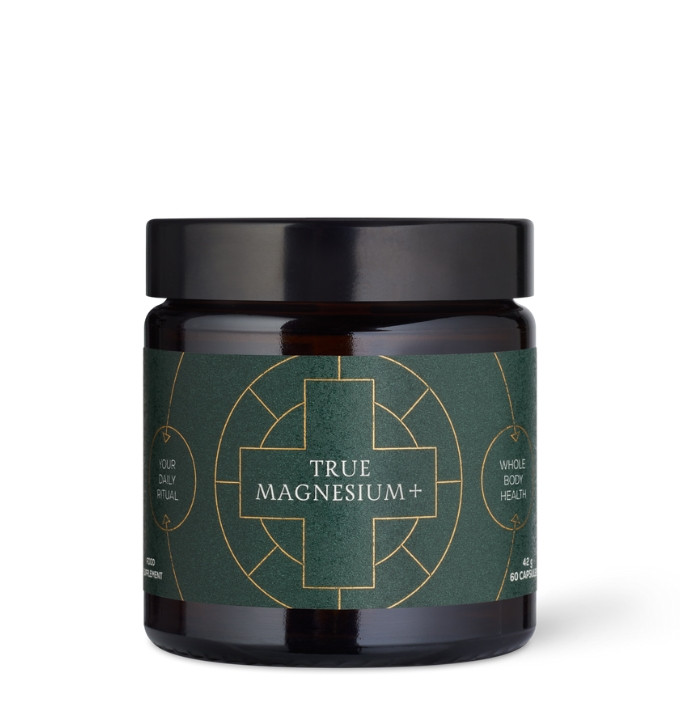Well. Absolutely, to put it briefly! The length and regularity of the menstrual cycle vary, but for most women worldwide, the natural menopause occurs between the ages of 45 and 55. The body needs extra care at that age, and experts say collagen support is a game-changer for meeting and tending to your needs.
Menopause is actually only one day…. It is the name given to the year anniversary after a woman’s last ever period. Perimenopause is however the years leading up to menopause and in the same way each and every woman is unique, each and every perimenopause journey will be different too.
Factors such as age, genetics, lifestyle and diet all have an impact and symptoms will come in many different forms and vary for every individual from intense and debilitating to mild with little or no impact on day-to-day life.
In a similar way our hormones decline, collagen production slows down during menopause and many parts of the body can be affected. Skin can become drier and less elastic and menopause hair loss may become more noticeable. Joints can also become stiffer or ache more and decreases in bone mass and lean muscle tissue start to occur, and weight gain can become more likely.

Collagen production declines dramatically as we age, up to 40%, around the menopause
Francesca Moore, Register Nutritional Therapist (@nutritionfrancesca) tells us, "this is important as collagen is one of the most abundant proteins in the body. Most of us know it for its skin enhancing properties, but did you know that a massive 70% of the skin structure is collagen? It gives it it’s strength and durability and is responsible for the smooth plump appearance of young healthy skin.
But collagen is also the structural element of bones, muscles, tendons, ligaments. It provides the structural scaffolding surrounding cells forming a mesh-like supportive network and environment in which cells develop and function and tissues and bones heal.

Collagen is also found in blood vessels, teeth, cartilage and the digestive tract. In fact if it weren’t for collagen our bodies would literally fall apart! So what can we do about falling collagen production as we age and in particular why is it important to address this around the menopause? As we near menopause our oestrogen levels reduce. This is what drives the reduction in collagen – leading to thinning, dryer skin and bone thinning which can make us more at risk of osteoporosis and bone fractures".
Dr Andie from Change the Change adds “We have robust evidence that HRT can help to boost collagen levels and skin thickness but this is only a part of the solution and not suitable for all. Testosterone and a lesser known hormone, DHEA also have a role in skin and bone health and considering diet and lifestyle factors as a part of the support we need at this life stage should be a priority.”

Supplementing with hydrolysed collagen powder, like Ancient + Brave's True Collagen, has been shown to be beneficial to our health as we age. Numerous studies* have shown an improvement in skin elasticity, recovery of lost cartilage tissue, reduced joint pain, strengthened tendons and ligaments, increased lean body mass and increased bone-mineral density in postmenopausal women.
90% of our body’s collagen is type 1, exactly as found in the Ancient + Brave True Collagen formula. And it’s easy to incorporate as part of a healthy diet + lifestyle which is particularly important to support a healthy menopause and long term health and vitality.



